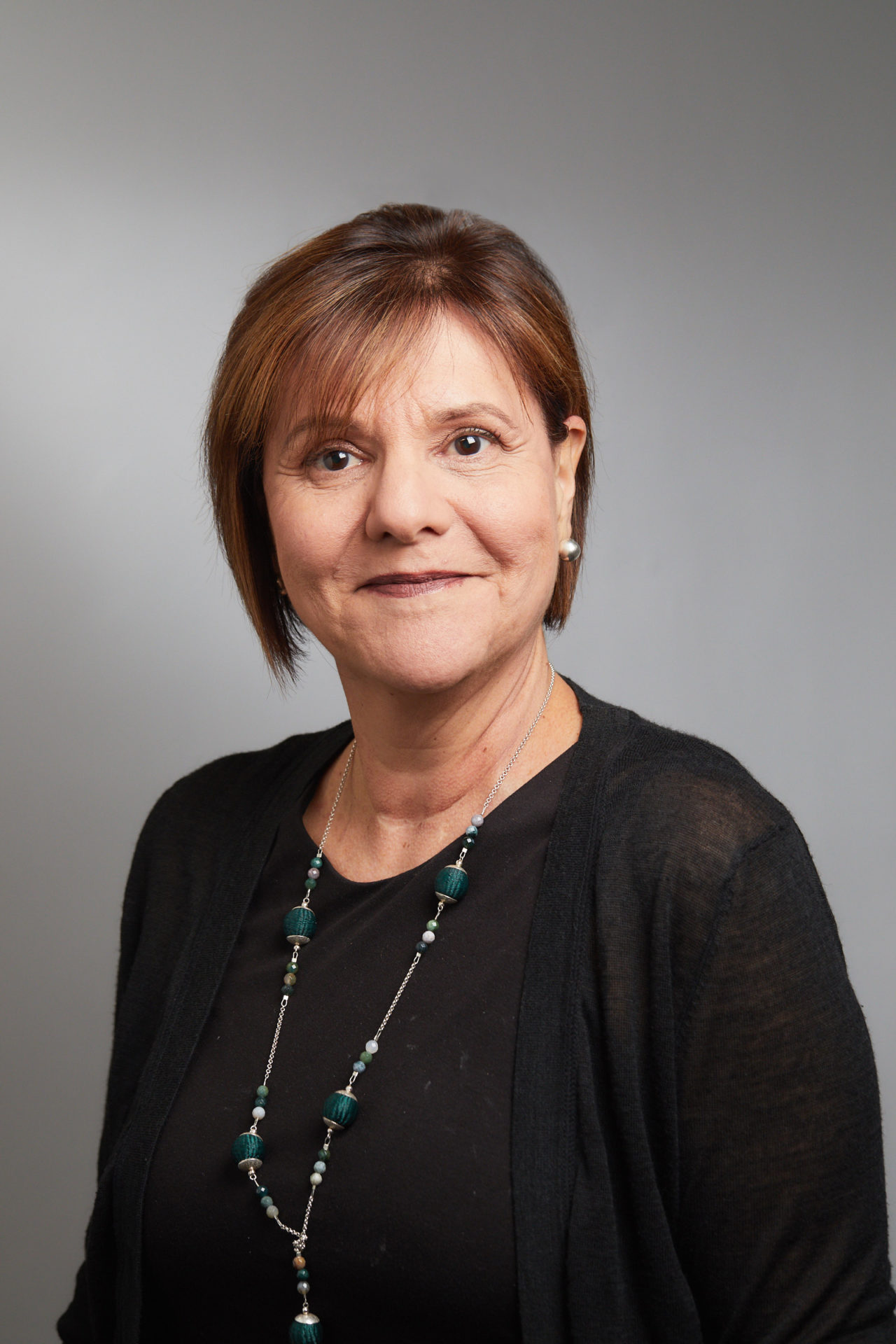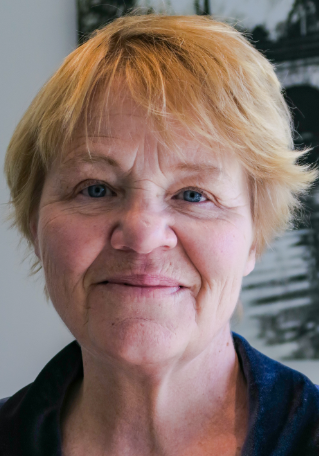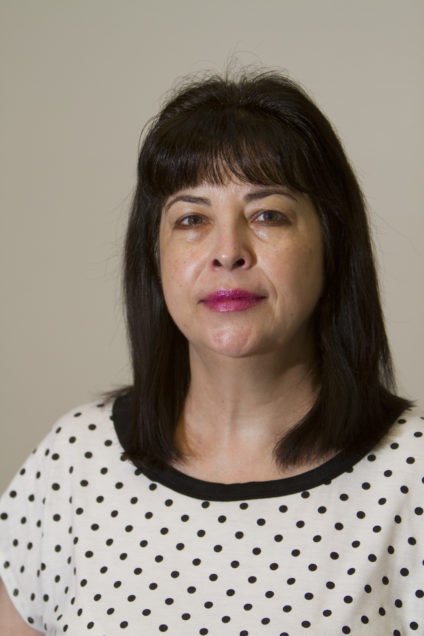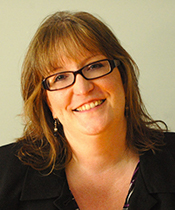Vocational Empowerment Photovoice
Marie E. Restrepo-Toro, Cheryl Gagne, Zlatka Russinova, Philippe Bloch, Sharon Pritchett, Tracy Woods, and Debbie Nicolellis
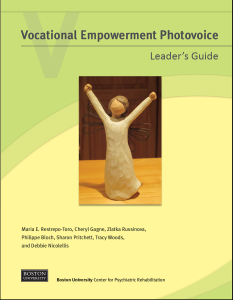
Curriculum / Workbook (PDF)
$44.97
Was: $89.95
Vocational Empowerment Photovoice
Marie E. Restrepo-Toro, Cheryl Gagne, Zlatka Russinova, Philippe Bloch, Sharon Pritchett, Tracy Woods, and Debbie Nicolellis
$44.97
Was: $89.95
Audience
Administrators, program managers, supervisors, practitioners, and peer support personnel may find the content of the Vocational Empowerment Photovoice curriculum useful in their work to support the vocational aspirations of people in recovery.
Additional Materials for Purchase
Description
The purpose of the Vocational Empowerment Photovoice (VEP) program is to help people think about work and empower them to set a vocational goal. For many people who have a diagnosis of a serious mental illness, it is hard to imagine working. It may seem like there are just too many barriers, and it may be hard to know where to start. This program will invite participants to consider pursuing a meaningful vocational life.
Vocational empowerment is about feeling confident in one’s own ability to get and keep a job. Photovoice is a way that an individual or a group can capture strengths, problems, or concerns by combining photographs and written text. The writing and the photographs are used with group discussions that help people reflect on themselves and their situations in a positive way that educates and increases their confidence.
The curriculum includes two books: a Leader’s Guide and a Workbook for participants. For each Class Session, there is a detailed lesson for you to follow in the Leader’s Guide, and a section in the Workbook for participants to follow along. The group is designed as an interactive, dynamic class with several components, to be led by peer leaders well-versed in VEP. Each participant needs to have a Workbook along with a pen or pencil to write during the Photovoice sessions.
There are five sections included in the Leader’s Guide for each group session:
- An overview of the session
- A training schedule for each module
- Background on the session content
- A list of materials or supplies needed for that session
- A session plan
The Leader’s Guide also includes an Appendix with Tips for Administrators and Supervisors Implementing Vocational Empowerment Photovoice.
Designed for use with Training Consultation from the Center for Psychiatric Rehabilitation. It is highly recommended that the VEP curricula is paired with installation and expertise training from our trainers at the Center for Psychiatric Rehabilitation. If you are interested in Consultation/In-Service Training about how to best use these vocational training materials in your program or agency, please contact: psyrehab@bu.edu
Citation: Restrepo-Toro, M. E., Gagne, C., Russinova, Z., Bloch, P., Pritchett, S., Woods, T., & Nicolellis, D. (2015). Vocational empowerment photovoice. Boston, MA: Boston University, Center for Psychiatric Rehabilitation.
Product Details
Leader’s Guide
PDF file: 218 pages
Published: 2015
ISBN: 978-1-878512-60-4
Workbook
PDF file: 80 pages
Published: 2015
ISBN: 978-1-878512-59-8
Table of Contents
Leader’s Guide
- Introduction for Group Leaders
- Background on the Curriculum
- What is Vocational Empowerment?
- What is Photovoice?
- How to Use the Curriculum
- What’s in the Curriculum
- Using the Workbook
- Using the Leader’s Guide
- Tips for Leading the Group
- Photovoice Exhibit
- Exhibiting the Final Vocational Empowerment Photovoice work
- Session 1: Introduction to Vocational Empowerment Photovoice
- Session 2: My Working Life
- Session 3: Writing Your Photovoice Narrative
- Session 4: My Vocational Values
- Session 5: My Vocational Identity
- Session 6: The Costs and Benefits of a Working Life (Part One)
- Session 7: The Costs and Benefits of a Working Life through Interviewing Others (Part Two)
- Session 8: Vocational Supports and Services
- Session 9: Setting Goals
- Session 10: My Vocational Journey
- Three Booster Sessions: Follow-Up
- Individual Sessions Guide
- Footnotes 183
Appendix: Tips for Administrators and Supervisors Implementing Vocational Empowerment Photovoice
- Introduction
- Background on the Vocational Empowerment Photovoice Curriculum
- Administrator Tips: Planning to Implement the Vocational Empowerment Photovoice Program
- Tips for Supervisors
- References
Workbook
- Session 1: Introduction to Vocational Empowerment Photovoice
- Session 2: My Working Life
- Session 3: Writing your Photovoice Narrative
- Session 4: My Vocational Values
- Session 5: My Vocational Identity
- Session 6: Costs and Benefits of Working: Part One
- Session 7: Costs and Benefits of Working through Interviewing Others (Part Two)
- Session 8: Vocational Supports and Services
- Session 9: Setting Goals
- Session 10: My Vocational Journey
- Booster Session #1 Worksheet Session
- Booster Session #2 Worksheet
- Booster Session #3 Worksheet
- Celebrating Our Photovoice Work!
- Release Form
Authors
Reviews
Currently, there are no published reviews for this book. If you would like to write an endorsement, please send it to: cprbooks@bu.edu

